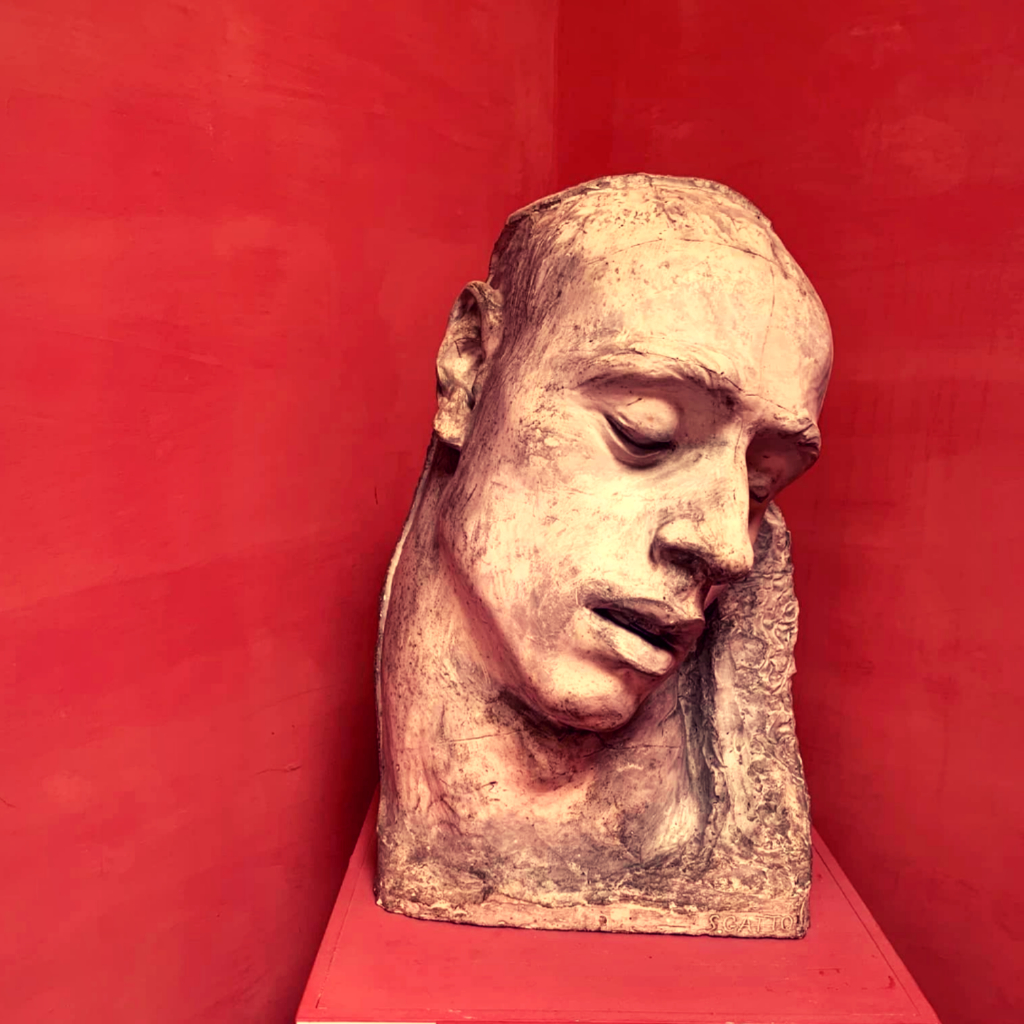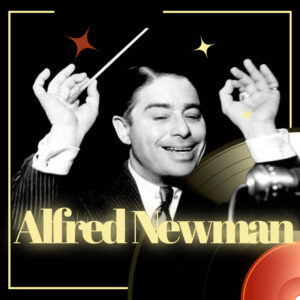Gustav Mahler’s letters to his family are almost entirely unknown, yet they form the largest and probably most important single source of information about all aspects of his life before the mid-1890s: his personality; his relationships with his family and several close friends; his first positions in Kassel, Prague, Leipzig, Budapest, and Hamburg; and several of his earliest compositions. They also document significant later events such as his campaign to be named direc tor of the Vienna Hofoper,’ his conducting tours throughout Europe, and his courtship of Alma Schindler.
Many of these things will emerge from the letters themselves (or from the annotations), but several elemes are worth exploring at the outset, as they do not emerge as clearly from the individual letters, or because the letters themselves do not tell the entire story. First, it will be use ful to introduce Mahler’s family and provide a brief sketch of each of Mahler’s siblings. Second, in addition to the family members, there are several other individuals worthy of commentary with regard to the roles that they played in Mahler’s life: his friend Natalie Bauer-Lechner; his lover Anna von Mildenburg; and his wife, Alma. Our understanding of Mahler’s relationships with the first and last, in particular, is significantly changed by these letters.
It is largely to Mahler’s sister Justine that we owe the survival of more than 500 letters to her, his parents, and several of their siblings. Beginning in the mid 1880s, when she was sixteen or seventeen, Justine carefully preserved his letters to her, as well as other letters that came into her possession. None of Mahler’s earlier letters to his family have survived.
Dearest Justi! Judging from your postcard today, 2 of the letters that I wrote you after the bomb attack were lost. The first was rather long (in which I also reproached you for not telegraph ing me at once, since you must have known that the newspapers would publish wire reports of it right away)-in the 2nd I included the repertory list; or has this one arrived in the meantime?¹ Please let me know. You would not believe how exhausted I am now. The day before yesterday was "Fledermaus," with great acclamation! I did not take the apartment-Frau Marcus was quite right. Please thank her very much for the "oncerto" that I received. Also, both of your photographs arrived safely. I just read that Director Paulay from Budapest died.2 I don't go into society, and am only rarely invited. People seem to have gradually realised that the pleasure of my company is only a very moderate one. Frau Haller doesn't slacken off at all, also not the famous Behrendt. To the for mer, I am going tonight; to the latter, naturally never again, obviously, without indicating the true reason. She'll have to figure it out. I also wrote you that I received a proposal from London for the season there and asked for 1000 marks a week and completely free room and board. As I expected and hoped, Harris's refusal arrived, so now hopefully the whole mat ter is finished.-Pollini placed too high a demand on Wolff—namely, an extra 500 marks per concert, apart from my fee. That was too expensive for Wolff! At any rate, however, I am conducting 4 concerts next year that Pollini himself will arrange at the Convent Garden, so in the end that's good enough. The enclosed letter from Nina arrived today. The latest is that I have obtained a position for Otto as 2nd. Kapellmeister in Bremen just in case he is free. He would have to commit himself for three years and would immediately get a small wage. By any measure, this is advanta geous for him, and he has already approved with the words "alea jacta est," like Caesar. I am curious whether he will be as cocky there. For today, best wishes and thanks to Frau Marcus. 15/III 94. Yours, Gustav
SHELFMARK:
E15-MJ-587
NOTES
1 Both things described by Mahler are in his letter of 10 March, letter 368
2 Ede Paulay (1836-1894), actor, director, and dramaturg, died on 12 March in Budapest. He had been director of the Hungarian National Theatre since 1875
3 Both unknown
4 Mahler appears to have forgotten that he told Justine this the day before. (His comment about Otto being free is not completely comprehensible, since he knew on 10 March that he had been rejected for military service.)
The Source: The Mahler Family Letters – Published by Oxford University Press, 2006



